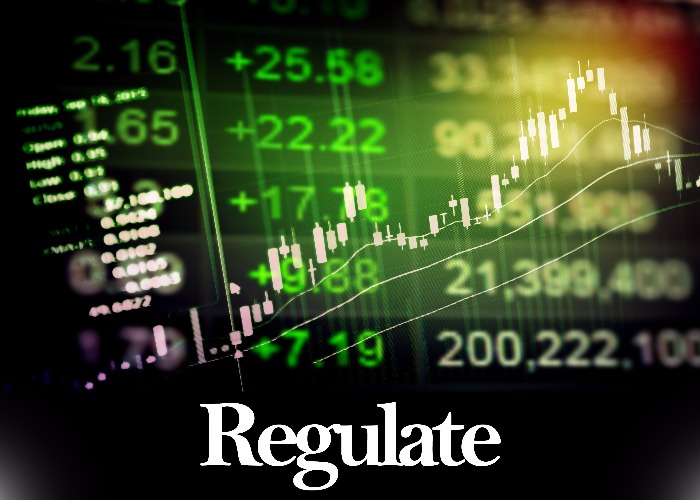Mifid II: what regulation means for you and your investments

New financial regulation means you must confirm personal details with your investment provider or you’ll be unable to trade. Here’s all you need to know about the snappily-titled Mifid II.
Sections
What is Mifid II and how will it affect me?
The financial services loves an acronym and the latest is Mifid II. It stands for the second Markets in Financial Instruments Directive.
It is the second part of regulation that was brought in back in 2007.
The original Mifid improved transparency in the investment industry.
The aim was to make it easier for people to understand the costs, charges and fees associated with their investments.
Mifid II takes those initial rules and goes even further in order to boost transparency across the EU’s financial markets.
It affects financial services firms – that’s anyone who provides services linked to, or trades in, shares, bonds, unit trusts, investment trusts, collective investment schemes and derivatives – and their clients.
The regulations will affect the way these firms exchange information, charge and how they inform customers of those charges.
It is a piece of EU regulation, but the UK’s regulator – the Financial Conduct Authority – has continued to instruct British financial services firms to prepare to obey the new regulations despite Brexit negotiations.
What does this mean in plain English?
To put it simply, Mifid II, will make brokers, investment providers, traders and financial advisors:
- Have to be a lot more careful about the financial advice they give out – they must assess the suitability of their advice when they give it and then reassess whether it is still suitable at least once a year.
- Be very clear about how independent they are and if there are any conflicts of interest aim to prevent them or, if that is impossible, disclose details of the conflict to you, their client.
- Be even clearer about their charges. They most provide you with a complete breakdown of their costs and charges as well as costs associated with managing your investments.
View all your investment options with loveMONEY (capital at risk, obviously)
How much clearer can they be about charges?
Quite a bit clearer, according to a FCA investigation into the fund management industry which attacked complicated fund fees that left many investors unclear on what they were paying.
After Mifid II comes into effect investment firms will have to send clients a complete breakdown of their charges covering management, advisory, custodian, fund entry and exit fees.
This will be expressed as both a percentage and a figure.
On top of that they will also have to present a forecast of your fees for the coming year, as well as what you actually paid the year before.
They must do this at least once a year.
When does it come into effect?
Mifid II must be fully implemented by all affected businesses by 3 January 2018.
What do I need to do?
You can expect to receive a letter in the coming months from your financial advisor or any investment platforms or fund management firms you use.
This is because part of the directive requires them to hold up-to-date info on you, so they’ll be asking you to check the info they have is correct.
(Ed's note: as Lawrence rightly points out in the comments section below, this could well attract the attention of scammers, so watch out for phishing emails and cold calls claiming to be from your advisor. It's best to ring them direct on a number you've already used.)
If you don’t respond you won’t be able to trade after Mifid II comes into effect next year.
Speaking of your investment provider, if you aren't happy with the fees being charged, why not have a look at these low cost alternatives.
Or you can view all your investment options with loveMONEY (capital at risk, obviously).
Will it make investing cheaper?
Probably not. Mifid II requires firms to be clearer about charges with clients, they don’t have to make things cheaper. In fact, part of the new regulation could mean you fees go up.
At present most trading and investment firms get free investment research from the brokerages and investment banks they use to buy and sell holdings. But, under Mifid II that has to stop.
They must pay for research in order to show they aren’t being encouraged to trade with a particular firm in return for free research.
The cost of that research may well be passed on to clients.
Now that you're an expert on all things Mifid, why not have a look at were the experts are currently investing.
Comments
Be the first to comment
Do you want to comment on this article? You need to be signed in for this feature